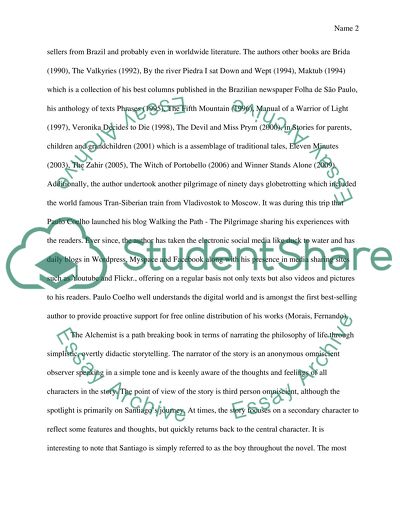Cite this document
(“The Alchemist Research Paper Example | Topics and Well Written Essays - 1250 words”, n.d.)
Retrieved from https://studentshare.org/literature/1476767-the-alchemist
Retrieved from https://studentshare.org/literature/1476767-the-alchemist
(The Alchemist Research Paper Example | Topics and Well Written Essays - 1250 Words)
https://studentshare.org/literature/1476767-the-alchemist.
https://studentshare.org/literature/1476767-the-alchemist.
“The Alchemist Research Paper Example | Topics and Well Written Essays - 1250 Words”, n.d. https://studentshare.org/literature/1476767-the-alchemist.


